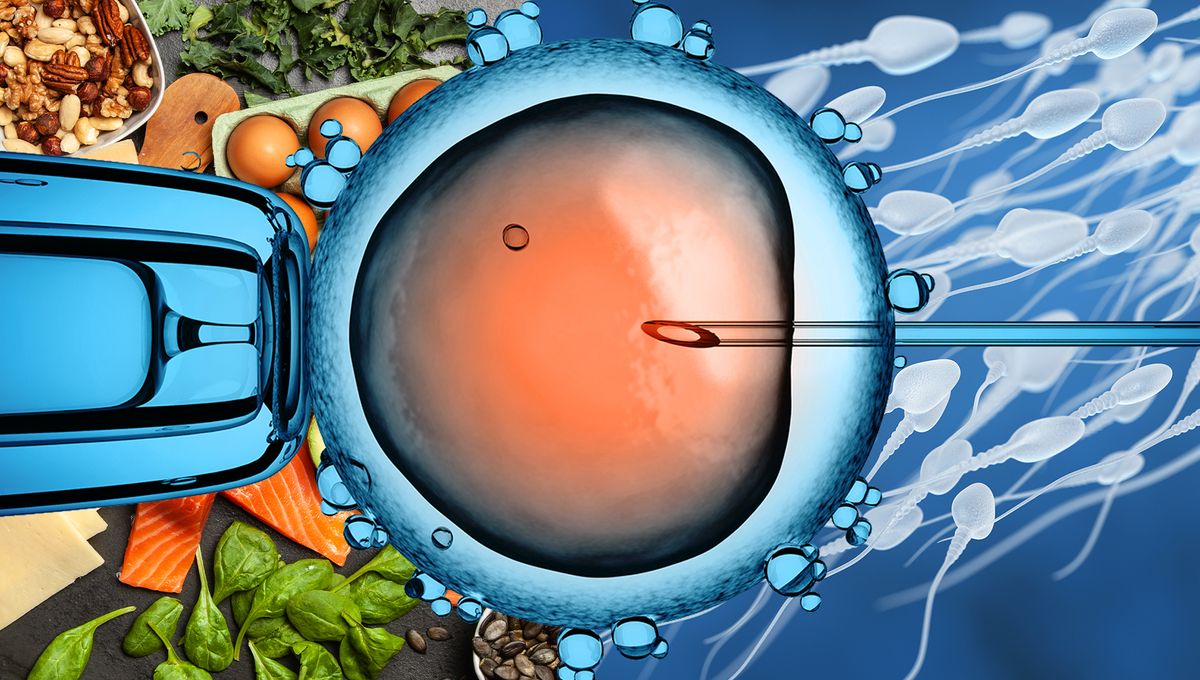
With the Alabama Supreme Court’s recent decision on the status of embryos raising concerns about the future of in-vitro fertilization (IVF) clinics in the state, it’s safe to say fertility is on a lot of people’s minds at the moment.
According to the World Health Organization, around 1 in 6 adults around the world experience infertility. As a result, fertility has become a huge area of research – and a particularly important one for people hoping to find answers about their own, often being met with a lack of robust (or even the presence of misleading) information.
So what does the latest science have to say about fertility?
The semen microbiome and fertility
We’ve already met the oral, gut, and skin microbiomes, but it turns out semen has one too, and it could play a part in male infertility. Researchers analyzing the semen of men being evaluated for their fertility or receiving a vasectomy consultation found one bacterium of particular interest: Lactobacillus iners.
Men with abnormal sperm motility – a potential contributor to infertility – were found to have a higher abundance of these bacteria compared to those with normal sperm motility. This suggests that L. iners could negatively impact male fertility, though the authors acknowledge that there’s much more work to be done to fully explore such a link.
A potential druggable target to increase female fertility
There’s a tiny molecule with a big role in the decline of female fertility; nicotinamide adenine dinucleotide (NAD+) has a whole host of purposes throughout the body and decreases with age, but it’s of interest to fertility researchers because it promotes proper ovarian function. As it declines, so do the number and quality of eggs.
What researchers didn’t know was what pushed NAD+ to decline in the first place, but they’ve now pinpointed it to an enzyme called CD38. According to the team, CD38 could be a druggable target to extend female fertility, which can also be linked to overall lifespan and health.
Keto diet could improve PCOS-related infertility
The ketogenic (keto) diet has been touted as having all sorts of health benefits. Scientists are still trying to figure out how many of those claims are true, and it’s no different when it comes to fertility.
For example, a recent study investigating the keto diet and its impact on polycystic ovary syndrome (PCOS) – a hormone disorder that’s associated with infertility – reviewed a collection of clinical trials in which a small number of people with the condition went on the keto diet.
They found that those who were on the diet for at least 45 days saw an improvement in their reproductive hormone levels. Whilst the authors acknowledge those hormones can influence fertility, they also caution that there’s still not a sufficient body of evidence to make any strong conclusions and that it warrants further investigation.
Figuring out IVF
IVF is one the most well-known fertility techniques available, but it’s not a process without flaws; it’s common for embryos to stop growing within days of fertilization. Some researchers think that in many such cases, this could come down to DNA duplication gone wrong in the very earliest stages of cell division.
However, scientists have been working on ways to make IVF more successful, and earlier this year, a team from the University of California San Diego developed a new, non-invasive test that uses the liquid that embryos were grown in to check their quality – though it’s still got a way to go before it could reach fertility clinics.
Plummeting fertility rate
Fertility isn’t just defined as the ability to conceive a child; in demography, it refers to the actual production of a child. This is measured in fertility rates, which have hit an all-time low in South Korea, with the total fertility rate – the average number of children born per woman – dropping to 0.72 by the end of 2023, beating the previous year’s record low of 0.778.
But it’s not just happening in South Korea – the latest research suggests rates are dropping across the world. Why? The reasons are complex and can depend on the country, but globally, some of the attributed reasons include improved access to education and the workforce for women, access to contraceptives, and the rising cost of living and bringing up children.
All “explainer” articles are confirmed by fact checkers to be correct at time of publishing. Text, images, and links may be edited, removed, or added to at a later date to keep information current.
The content of this article is not intended to be a substitute for professional medical advice, diagnosis, or treatment. Always seek the advice of qualified health providers with questions you may have regarding medical conditions.
Source Link: Semen Microbiomes, Keto Diets, And IVF Advances – Here’s The Latest In Fertility Research